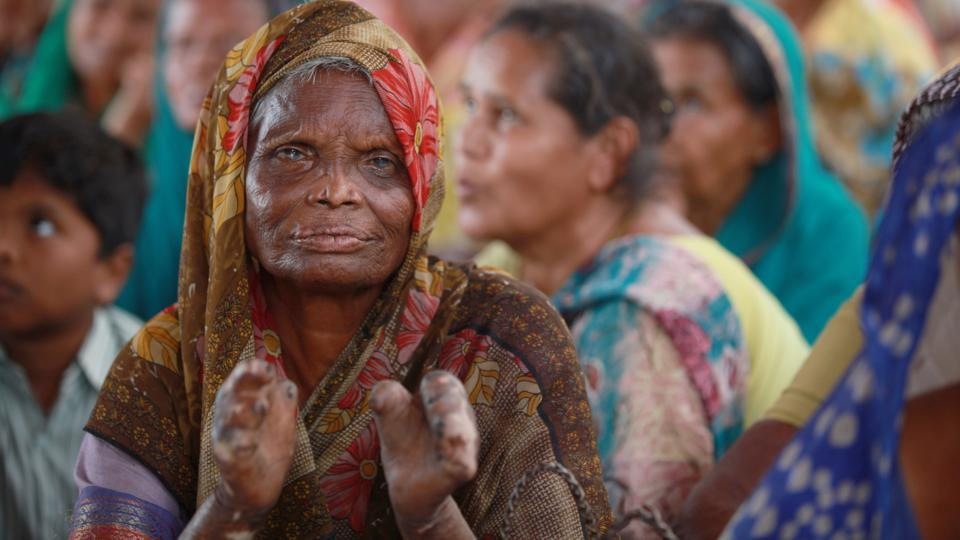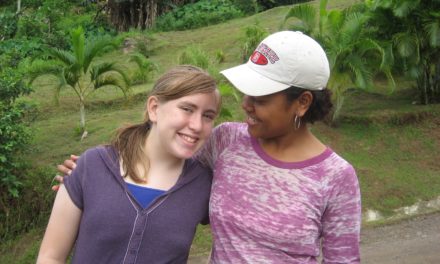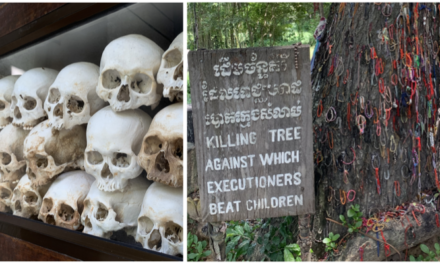I am very aware that my travels have taken me to so many places that are way beyond the realm of normal tourist zones. I have spent most of my adult life stepping into some of the most impoverished places on earth to do more than just talk about poverty and human need. I don’t think this makes me special, I think my heart was simply motivated that doing something is better than doing nothing. Because of this, I also have spent time leading well over 50 teams of students and adults to many of these places. I am comfortable with the uncomfortable process of helping people to digest what they are seeing in these difficult places.
Difficult places. I have thought of writing this series of blog posts for quite some time. I think the idea first occurred to me in one of my earlier blog posts about “Dignity In the Dump,” and it has just kept swirling around in my brain. I think the reason I have waited so long is because I wanted to understand what it is exactly I wanted to accomplish with a series of blogs about visiting difficult places. I have come up with three ideas about why I encourage anyone who travels to choose to intentionally visit difficult places.
When my wife and I were tasing our kids we constantly communicated to them that one of the greatest challenges in life is defining terms when we interact with people. So much misunderstanding comes from a failure to practice this simple discipline. For this blog post I define difficult places as any destination that either marks a site of an immensely painful historical event, or is a place of current human difficulty or suffering. I wrestled with this definition because I am completely aware that it has limitations I cannot even see or understand. What I know is that by attempting to define a difficult place it leads to my first idea of why I think it is important to visit them: It helps us to remember to not run away from things that are uncomfortable. Remembering horrific events that have taken place in human history and seeing for ourselves places today that are experiencing human suffering can help cultivate compassion and empathy in our lives. In a world that can feel increasingly divisive it is so important to connect with the pain that has been and continues to be a part of the human experience because it has the power to grow a deeper valuation for human dignity in our lives.
This leads to the second idea about why I think it is important to visit difficult places. It gives us the opportunity to learn from history so that we have an opportunity to not repeat our mistakes. When we visit a memorial, or even serve those that are living in disadvantaged communities, it provides our curiosity an opportunity to ask critically important questions. Our human nature in is to make assumptions and identify answers quickly. We have an opportunity to choose not to rush to answers. We can choose instead to let the uncomfortableness of the environment initiate a learner mentality.
This also leads to the third, and for me the most important reason I visit and lead teams of people to difficult places. Difficult places help us to make a commitment to not simply sit by and let pain and suffering go unaddressed. In the 1700’s Edmund Burke made a powerful observation: “The only thing necessary for the triumph of evil is for good men to do nothing.” This quote haunts me because I know in my life it can be so very easy to get overwhelmed with the complex issues that exist in the world today. The only way that I personally have been able to move beyond this feeling of being overwhelmed is by leaning into the uncomfortableness of the difficult places. These places have become my instructors into the complexity of the issues we face today, as well as the laboratory where I begin to take small steps away from complacency towards action.
Action. To me that’s the power of difficult places. I invite you to join me in learning from some of the difficult questions places I have visited. As we look at them through the lens of my experiences there I have one simple wish for you: I wish for you to experience the joy that comes from allowing difficult places to motivate your life to make a difference in the life of one other person. Together we may not change the world. I do believe that you and I can change the world for one life. I am excited for you to join me!





0 Comments